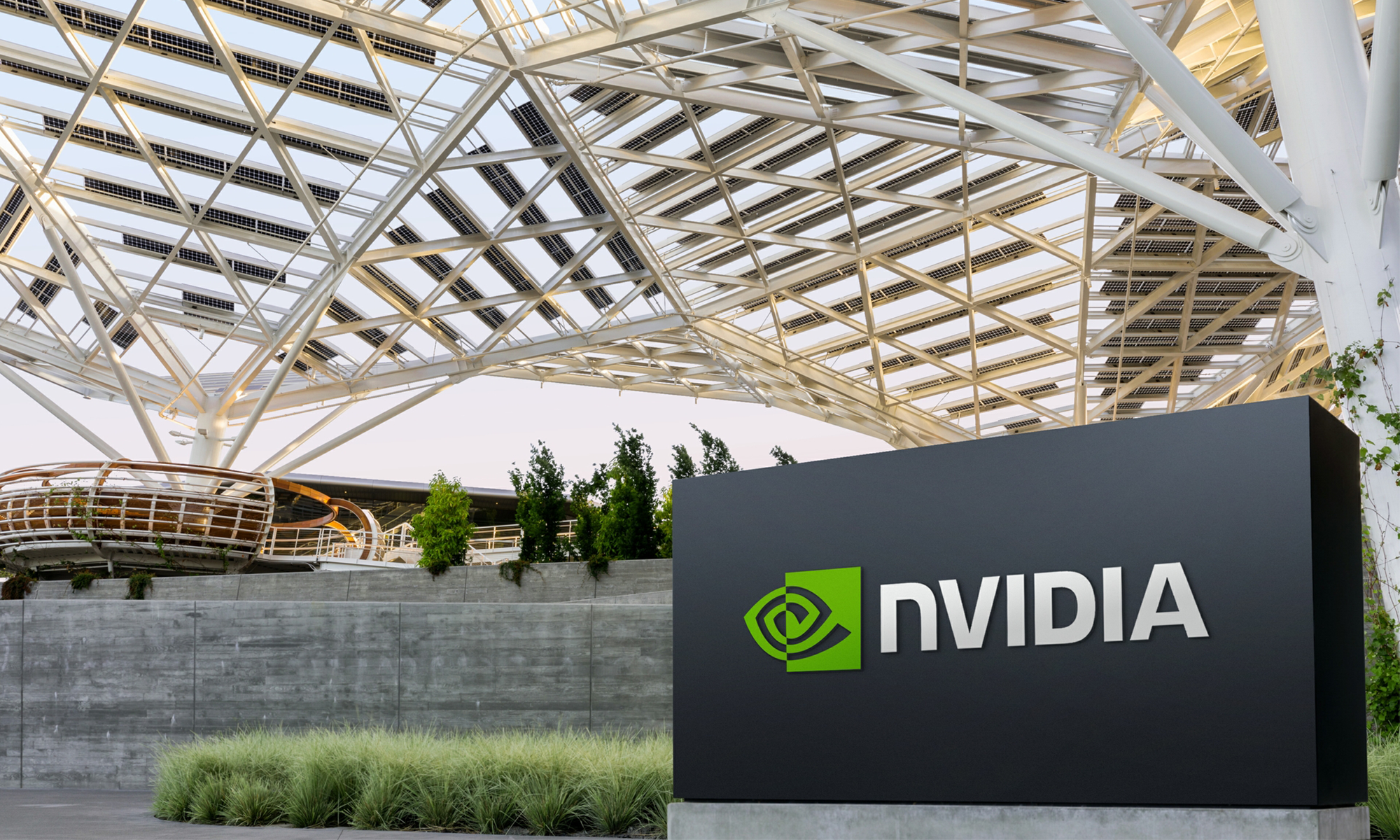These two stocks also benefit from the AI boom, but trade at cheaper prices.
One of the first investors to buy Nvidia (NVDA 1.04%) for the artificial intelligence (AI) boom was Stanley Druckenmiller at his Duquesne Family Office investment fund. At the end of 2023, it was one of his largest positions, a year where the stock more than tripled for investors, putting it on the path to become the largest company in the world by market capitalization.
Then, in 2024, Druckenmiller began to sell down his stake in Nvidia. By the end of last year, he had completely exited his position. What has he been buying instead? Last quarter, Duquesne bought two other trillion-dollar AI stocks: Taiwan Semiconductor Manufacturing (TSM -1.68%) and Microsoft (MSFT -0.43%).
Let’s see whether you should follow Druckenmiller and buy these two stocks for your portfolio today.
Image source: Nvidia.
Nvidia’s semiconductor supplier
Some readers may already know this, but Nvidia does not manufacture its advanced computer chips itself. It only designs them. The key manufacturing supplier of Nvidia chips is Taiwan Semiconductor Manufacturing, or TSMC for short. TSMC only makes computer chips for third parties and is known as a semiconductor foundry. These include Nvidia, but also the likes of Apple, Broadcom, and other technology giants.
With the insatiable demand for computer chips from the growing AI market, TSMC has been doing quite well in recent quarters. Last quarter, revenue grew 44.4% year over year to $30 billion. Not only is TSMC one of the largest businesses in the world, but one of the fastest growing.
As one of the only companies that can manufacture advanced semiconductors at scale, TSMC has been able to sell its computer chips to customers like Nvidia with fat profit margins. Last quarter, operating margin was close to 50%, which is unheard of for a manufacturing business.
At today’s stock price, TSMC trades at a price-to-earnings ratio (P/E) of 34. While this is slightly expensive, it is much better than Nvidia’s P/E ratio of 51. When you consider that both stocks will benefit from the growing demand for AI computer chips, it is no surprise that Duquesne sold its stake in Nvidia and owns TSMC today instead.
Microsoft’s opportunity in AI
Microsoft is a large customer of Nvidia as the company accelerates its buildout of cloud computing data center infrastructure to power the AI revolution. It has a relationship with OpenAI, the leading private AI company that is spending hundreds of billions of dollars on infrastructure. In 2025 alone, Microsoft is planning to spend $80 billion on capital expenditures to help catch up with AI demand.
Its cloud revenue is benefiting massively from the growth in AI. Its Azure cloud computing division grew revenue 34% year over year last quarter to $75 billion, making it the second-largest cloud business in the world apart from Amazon Web Services (AWS). Overall revenue is growing well due to Microsoft’s diversified assets in personal computing, Office 365 subscriptions, and other services such as LinkedIn. Revenue was up 17% year over year last quarter, with operating income up 22% (both in constant currency). Expanding operating margins to 45% makes Microsoft one of the most profitable businesses in the world.
Like TSMC, Microsoft trades at a much cheaper P/E ratio than Nvidia, at 37.5 as of this writing. With steady growth, margin expansion, and a clear line of new demand for Azure for AI solutions, Microsoft looks like a solid buy-and-hold stock for investors over the next decade and beyond.
At the end of the second quarter, TSMC was 4.3% of the Duquesne stock portfolio, according to its 13F filing, increasing its position by 27% more shares in the period. Microsoft was a completely new buy for the fund, but it is already a 2.5% position. Both stocks have done well throughout the second and third quarters, but can still be good long-term buys for investors looking for inspiration from super investors like Druckenmiller.
Brett Schafer has no position in any of the stocks mentioned. The Motley Fool has positions in and recommends Apple, Microsoft, Nvidia, and Taiwan Semiconductor Manufacturing. The Motley Fool recommends Broadcom and recommends the following options: long January 2026 $395 calls on Microsoft and short January 2026 $405 calls on Microsoft. The Motley Fool has a disclosure policy.


